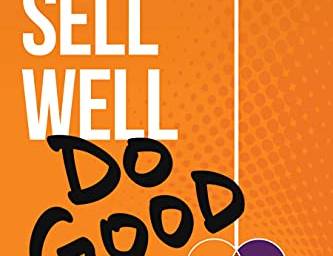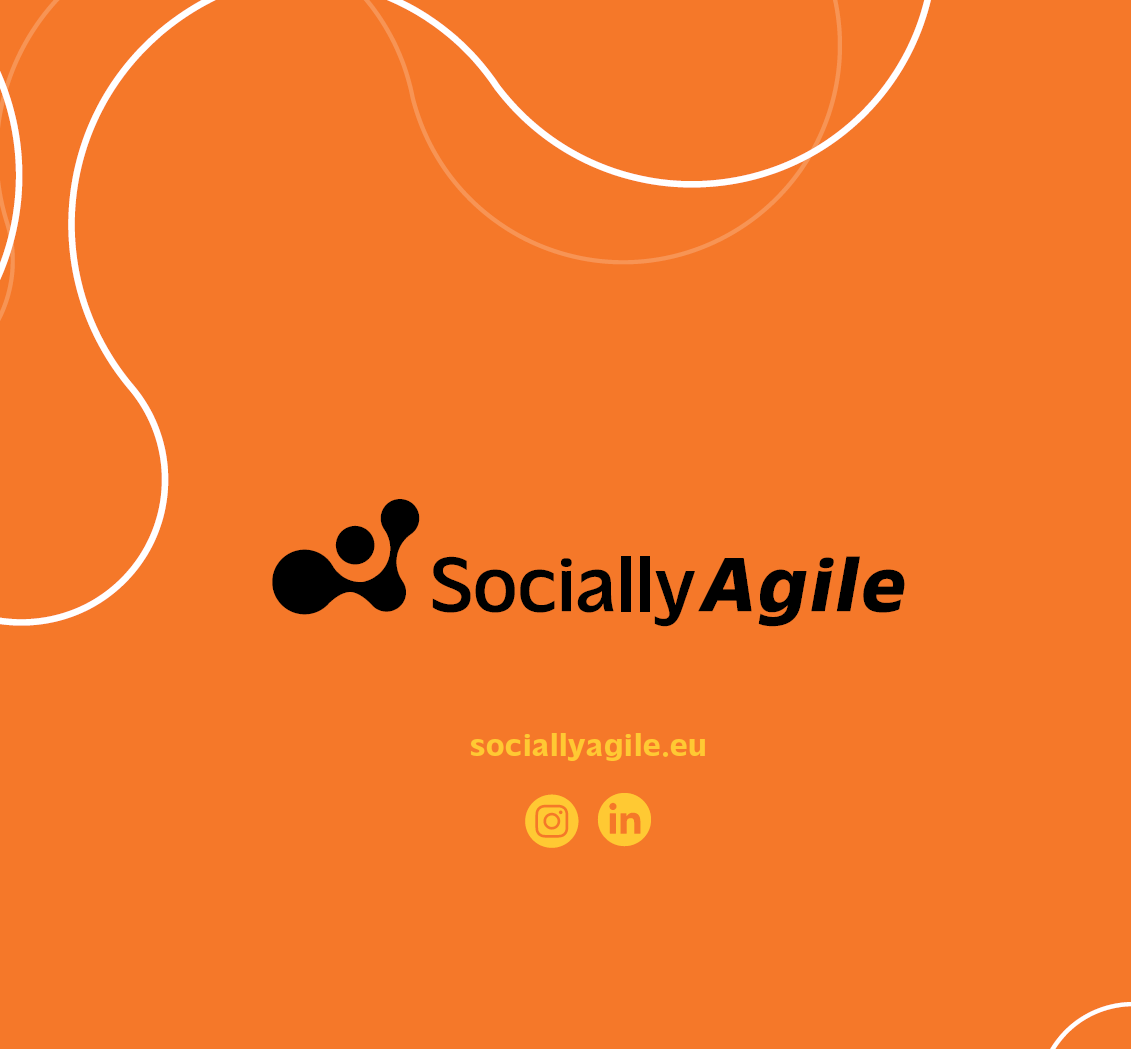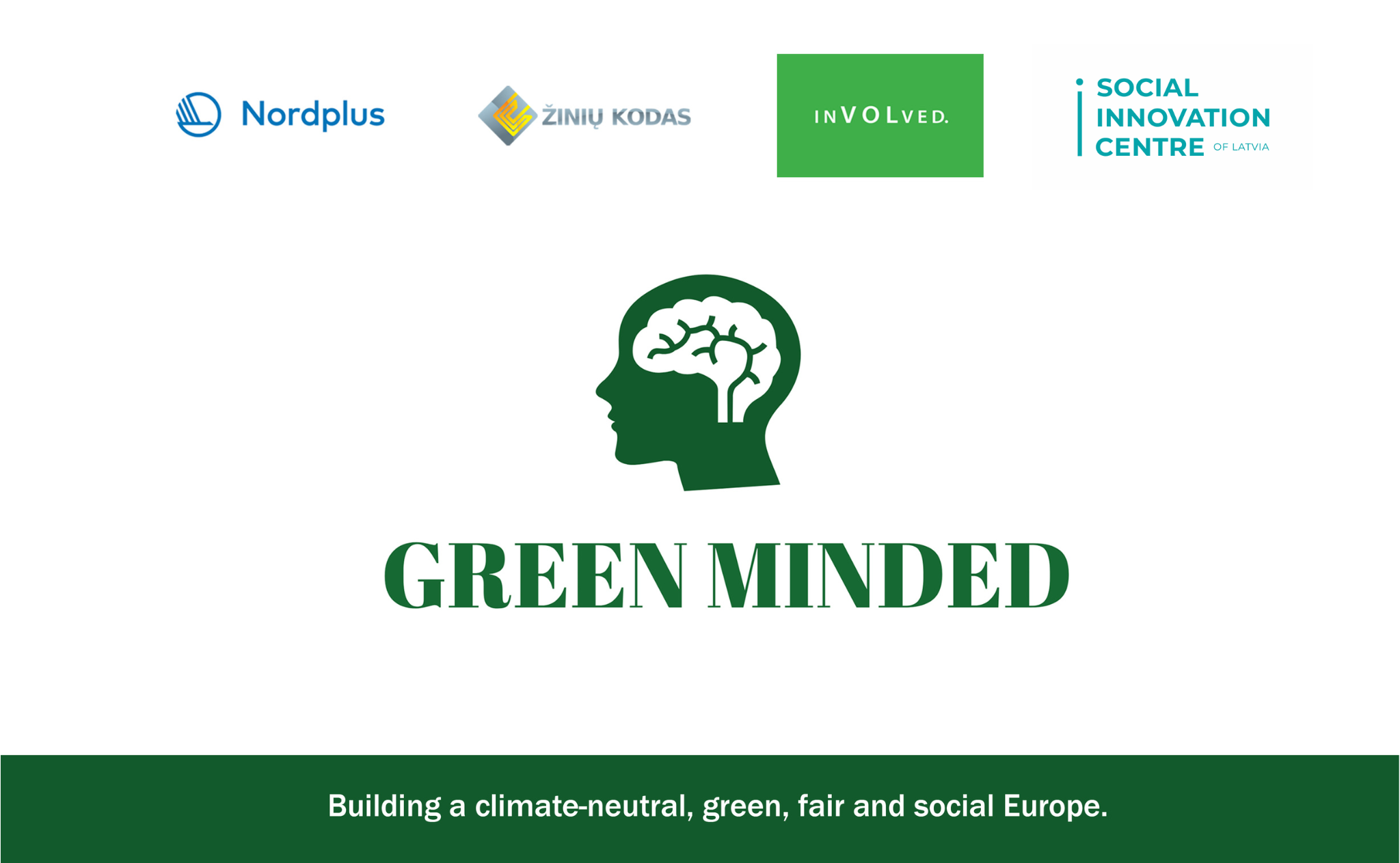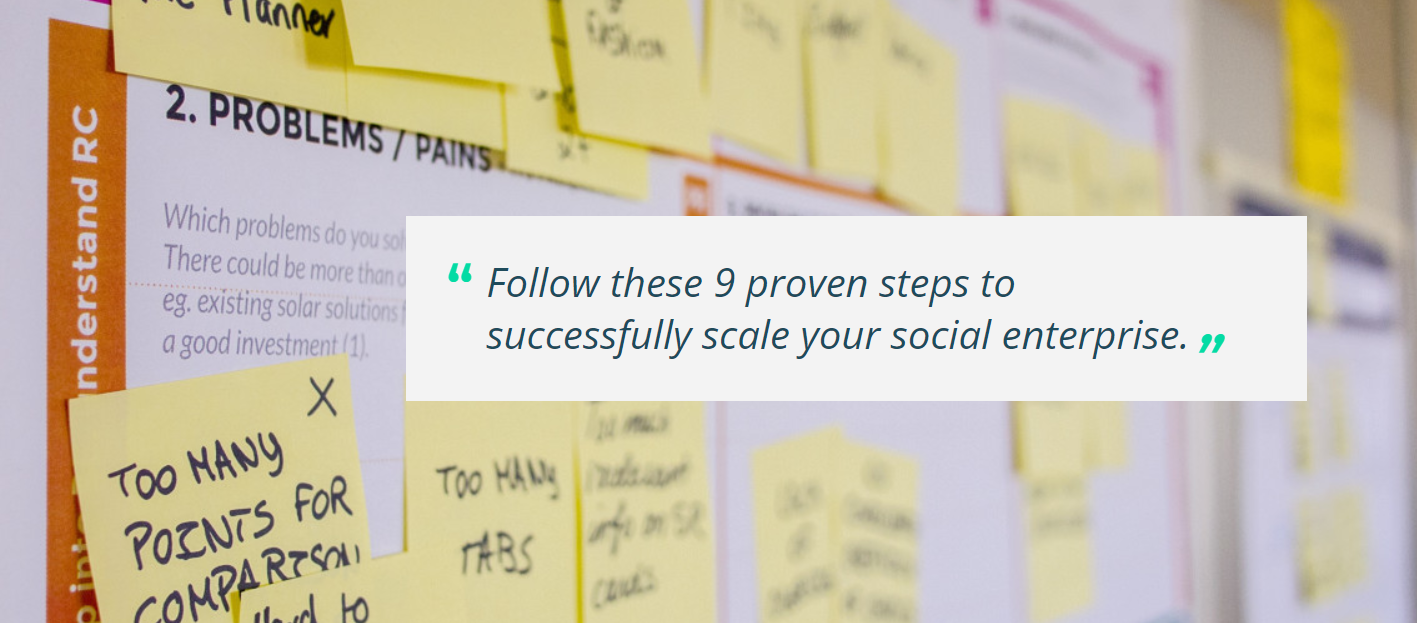Learning to sell is a bigger challenge than most social entrepreneurs expect. In the new book Sell Well, Do Good, sales experts Dr. Roy Whitten and Scott Roy from Whitten & Roy Partnership redefine sales in a way, that is more in line with the values that social enterprises have, and at the same time makes sales a meaningful and satisfying job for the salespeople who work in social enterprises.
Dr. Roy Whitten and Scott Roy are the founders of the Whitten & Roy Partnership, which operates a global consulting network and has served organizations in over 40 countries.
Sell Well, Do Good focuses on a fundamental problem around sales: namely that many both sellers and customers are of the belief – that sales is about pitching, persuasion and forcing people to buy.
According to the authors, this belief leads to both individuals and organizations concentrating on being self-defensive, becoming dysfunctional and unproductive for everyone involved, and in fact helping to create conditions that can help to undermine the mission of the social enterprises and limit their impact.
Based on cases and experiences from the authors’ fieldwork in recent decades, the book gives advice on how to master your own attitude to sales, lead convincing conversations, that can result in a committed action, train your customers to help them make the best and right purchasing decision and build a sales system that changes the behavior of sellers and their customers.
The authors believe that sales are the heartbeat of the company, and the way a social enterprises sells helps determine the companies’ ultimate value to the customers it serves.
If one is to do something good for the world, one must also sell well or in a good way (as the title of the book says). This means, that as a social enterprises you do not just need a sales system that works, you need one that fits with the company’s mission and purpose. In the same way, according to the authors, one needs to develop a sales team that performs their work ethically, proudly and skillfully – to the smallest detail e.g. in terms of giving customers the opportunity to think clearly, buy wisely and commit to new behaviors. It requires more than just improving – it requires a transformation.
The book has 178 pages and can be bought here
This publication has been prepared within SENBS project No. 2020- 1-EE01-KA204-077999. The content of this publication is the sole responsibility of the project coordinator and may not always reflect the views of the European Commission or the National Agency.
















Leave A Comment